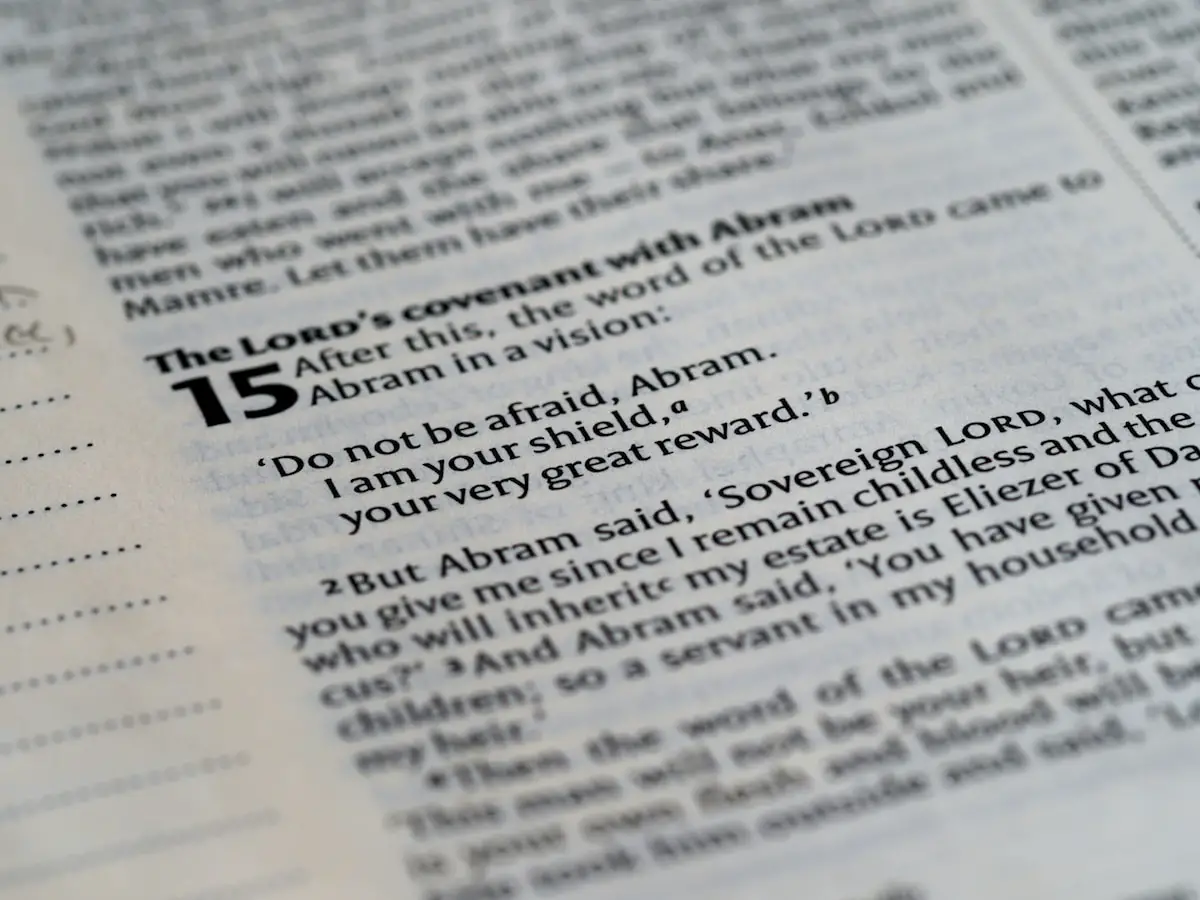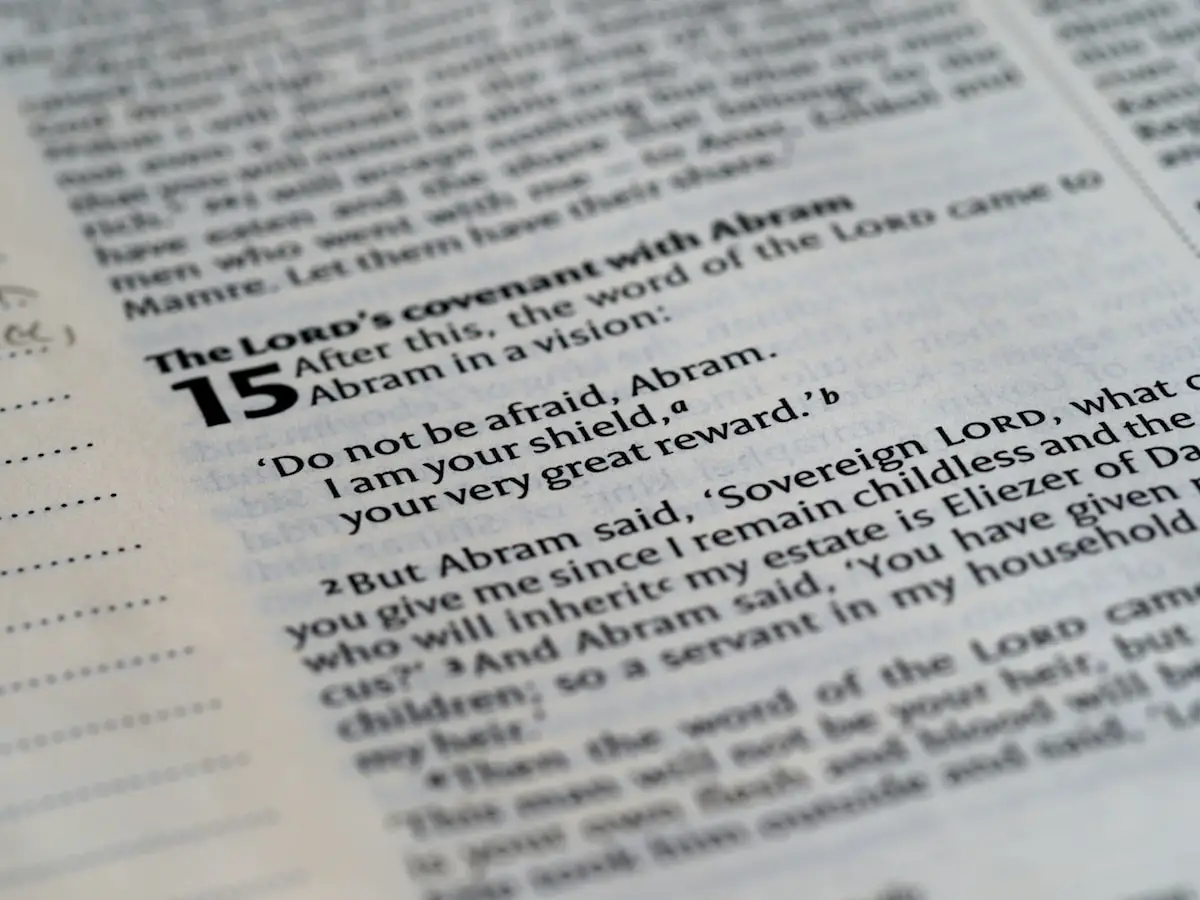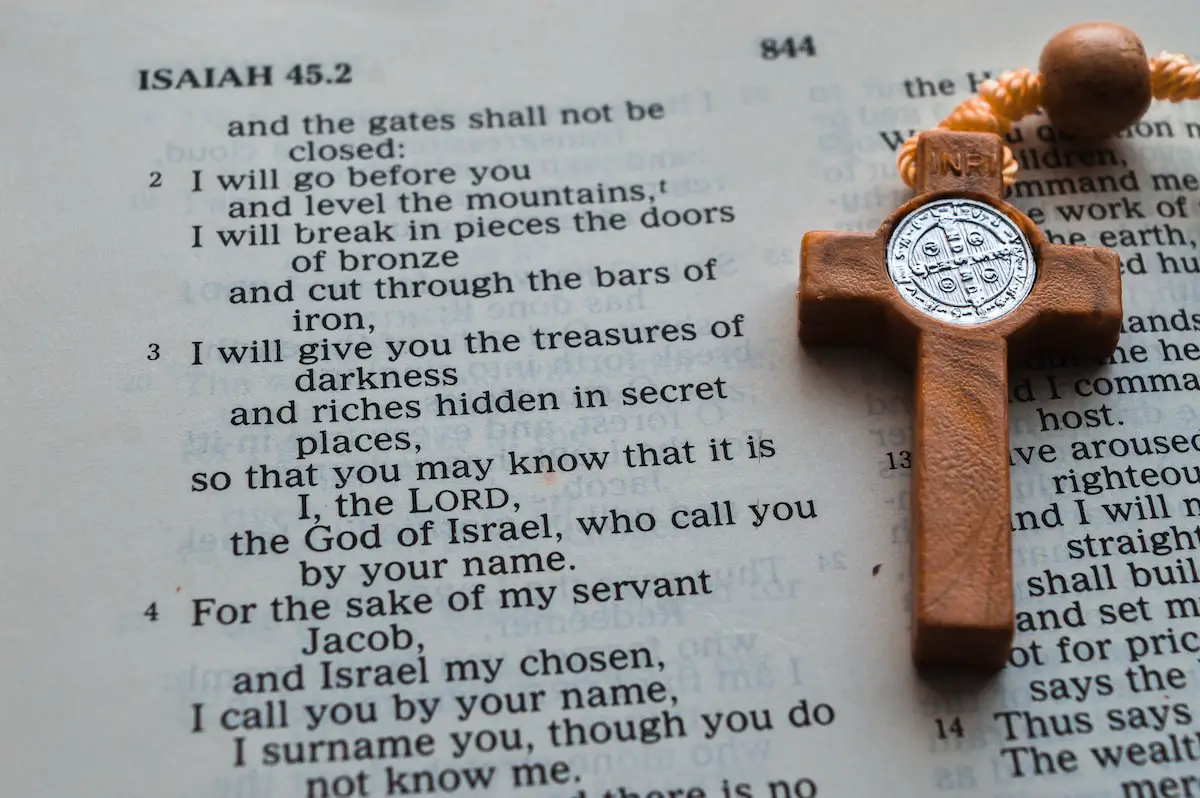Whether you are a student of the Bible or simply curious to know more, it pays to ask the question: what is the longest book in the Bible?
The book of Psalms, with 150 chapters, is the longest book in the Bible. It is filled with intense emotion, praise for God, and a range of spiritual and religious feelings that can capture just about anyone’s attention.
From joy to despair, the Psalms touch on many topics. There is the upbeat “He will guard your life” from Psalm 91, to the despair of Psalm 137: “By the waters of Babylon, we wept when we remembered Zion.” It is this mix of poetry and prose that allows for a internal dialogue of soul searching and reflection.
Structure-wise, the Psalms are a collection of poetry and songs each with its own unique purpose. All of the Psalms are divided into five books, and many of them are broken down even further into smaller themed sections.
In the fourth book for example, chapters 90-106 are dedicated completely to the return of the Lord with the backdrop of joy, knowledge, and a need for salvation.
The Psalms also provide us with a glimpse into the history of the Jewish people. They help to make sense of the Jews’ relationship with God, how they dealt with sorrow, and the specific language they used to express these matters.
Furthermore, the Psalms are a source of strength and consolation for Christians. These passages are often taken out of context and used to reflect on one’s own happiness or sadness.
They can provide guidance, help the reader to recognize a positive path forward, and usher in hope for the future.
Although some may say that the Bible’s longest book is the book of Isaiah or the book of Deuteronomy, the book of Psalms remains the longest from start to finish.
If you have a thirst for knowledge or are seeking spiritual answers, it’s definitely worth exploring as the Psalms may be able to provide you with the solutions you need. Ready to open a new chapter in your faith journey?
How Can the Bible’s Longest Book Help You?
The Bible’s longest book, Psalms, is believed to be written by King David and provides invaluable insights into the mind of a king and insights from prophets. Psalms is a treasure trove of understanding both in terms of the ancient Jewish faith and also as it relates to our own lives today. Here’s some of the ways the Bible’s longest book can help you.
The Psalms contain poetic verses which can provide solace and peace in our day-to-day life. Even if our environment and situations are different from those in which the psalms were written, we can still draw on the same feelings that the ancient Jews felt including joy and sadness. Psalms provide guidance in all kinds of difficult situations, such as when faced with death, enemies, or problems.
Additionally, the Psalms help us understand our relationship with God better. We can learn how to trust Him, how to express our feelings to Him, and how to turn to Him whenever we are in need. It is important to remember that the Psalms are not a magical book, but a prayer book that gives us hope for our future and tells us how to speak to God honestly about our feelings.
The Psalms also tell us how to live our lives in times of struggle and turmoil. They are both inspiring and challenging, encouraging us to trust in the promises of God, to keep our faith in God during difficult times, and to keep our eyes fixed on the prize: a life that is fulfilled, peaceful, and whole.
Finally, studying and meditating on the Psalms can be beneficial for our spiritual growth. By looking deeper into the timeless words of the psalmist we can gain insight into our own journey of faith, find strength in the midst of trials, and discover new perspectives through which to appreciate the beauty and richness of life!
Significance of the Psalms
The Psalms have been a source of inspiration and guidance for thousands of years. Psalms are the oldest, most widely read and studied book of the Bible, with over 150 chapters. They serve as a source for prayer, a means of meditation and a reminder of the power of faith. It is no surprise that the Psalms have had a profound influence on countless individuals throughout the ages.
Even in today’s uncertain times, these songs of faith and praise continue to speak to our heart and help us make sense of our lives. A closer examination of the Psalms reveals an inspiring story that goes beyond words of praise and inspiration. From the author’s’ bold requests for assistance from God to his repentant acknowledgments of his own shortcomings, the Psalmists convey an authenticity in their petitions and speak to us on a level that can be personally relevant.
From a theological perspective, the Psalms provide us with a road map that will guide us to a deeper level of understanding about the Almighty. They open the door to understanding of the Lord’s eternal rule and His miraculous redemption of His people through the writings of the ancient prophets. As we meditate on the Psalms, we find that God’s promises to us are real—and they are life-changing.
The Psalms also provide insights into the theological structure of the faith. We discover that it isn’t only about our relationship with God—but also with others. The Psalms point to the unity of spirit and the importance of recognizing our interdependence with one another. They also place an emphasis on treating everyone equally, regardless of their faith or social status.
Finally, the Psalms can be seen as a source of spiritual teaching and guidance. By exploring the Psalms, we can gain an understanding of moral and ethical principles which can help guide us in our everyday life decisions. The Psalms teach us about the centrality of love and compassion and reinforce the importance of seeking justice, peace, and wisdom.
The Final Word on the Bible’s Longest Book
The Psalms have helped countless individuals for generations, providing a source of comfort and guidance during challenging times. We can learn lessons about our relationship with God, our alliances with each other, and our own roles in this life from the Psalms. This timeless book of poetry and prose continues to inspire and invigorate readers around the world today.
As believers, we have the privilege of turning to the Psalms as a source of solace and strength. For those who are just beginning their journey of faith, the Psalms provide keys to understanding the Bible more deeply. And for those of us who have been walking with the Lord for some time, the Psalms offer a reminder of just how special and how truly enduring our relationship with Him is.
The words of the Psalms paint a vivid and dynamic picture of our unwavering faith and bring us closer to the Almighty than we ever could have imagined! So the next time you are asked the question: What is the longest book in the Bible? The answer is clear: Psalms.
Do you want to explore the Psalms further? Are you ready to encounter the Almighty on a deeper level? Are you in need of spiritual counsel? Well, dive right into the Psalms and let the Lord speak to you through the timeless words of a king and a prophet!
Exploring the Psalms Through Other Aspects of the Bible
As we have already discussed, the Psalms are an incredible source of spiritual insight. But did you know that the Psalms can also be explored through other aspects of the Bible?
That’s right! By connecting the Psalms to other passages throughout the scriptures, we can gain a richer and clearer understanding of the power of the Psalms.
Here are a few passages to explore for a deeper dive into God’s holy words.
First, the Psalms can be explored in the context of the New Testament. For example, the Beatitudes and great passages of prayer in the New Testament often correspond to passages from the Psalms.
Furthermore, the many parables of Jesus illustrate God’s everlasting grace and mercy, just as the Psalmists often praise the Lord with gratitude and joy.
In addition, we can explore the Psalms from the context of the Old Testament. The prayer of Solomon at the dedication of the Temple in Jerusalem echoes Psalm 132:4-7, and the book of Esther offers a vivid illustration of the faithful trusting deeply in God as the Psalmist types do. We can also turn to the book of Exodus for clues to exploring the Psalms.
In the account of the great deliverance from Egypt, we can note the parallels of the royal recitation of Psalm 136 on each of the seven nights of the feast of Passover.
Finally, we can explore the Psalms from the perspective of the prophets. In the book of Jeremiah, the prophet speaks of singing God’s praises and thanking Him for His faithful deliverance.
The work of the Islamic prophets often mirrors the work of the Psalmists, invoking God’s justice and mercy in equal measure.
We can also draw on the accounts of Job, which offer a unique view of the suffering of the Saints, connecting our sorrows and joys intimately with the Psalmists’ words.
The Bible’s longest book of Psalms provides us with a valuable path to a deeper understanding of the Lord and His holy words.
By exploring it alongside other passages throughout the Bible, we can gain a new perspective on faith, prayer, and the promises of the almighty God!

Faithway.info, your online sanctuary for deepening your spiritual journey and mastering the teachings of the Bible. At Faithway.info, we are passionate about making the wisdom of the Bible accessible to everyone, fostering a community dedicated to growth, understanding, and support.




